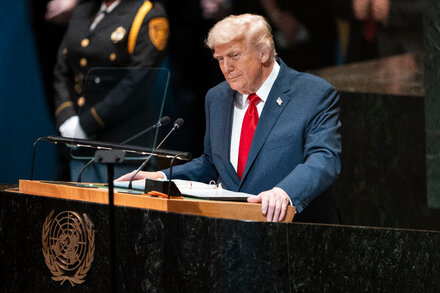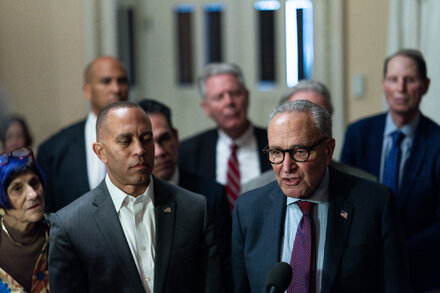The U.S. Securities and Exchange Commission (SEC) has reportedly ceased its efforts to recoup funds from individuals who received clemency from former President Donald Trump, marking a significant development in the intersection of presidential power and financial enforcement.
The decision by the financial regulatory body suggests a re-evaluation of its strategy concerning several high-profile cases where individuals, many convicted of financial crimes, were granted pardons or commutations by the former president. The funds typically sought by the SEC in such enforcement actions are often disgorgement of illicit gains or civil penalties intended to protect investors and maintain market integrity.
Background of Clemency and Enforcement
Throughout his presidency, Donald Trump issued a series of clemency grants, some of which were controversial, to individuals who had been convicted or accused of white-collar offenses. These included figures from the financial sector, political allies, and others whose cases drew considerable public and media attention.
Historically, a presidential pardon addresses the criminal conviction and its associated penalties, such as imprisonment. However, legal experts generally note that clemency does not typically extinguish civil liabilities or obligations to disgorge ill-gotten gains pursued by agencies like the SEC, which operate under a separate legal framework to protect investors and ensure market fairness. The SEC’s efforts to recoup funds are often aimed at returning money to victims or preventing individuals from profiting from their illegal activities.
Implications of the SEC’s Decision
While the specific reasons behind the SEC’s reported withdrawal of these efforts have not been fully detailed, potential factors could include legal complexities arising from the interaction of presidential clemency with civil enforcement actions, a strategic reallocation of agency resources, or a re-evaluation of the cost-benefit analysis of continued litigation.
The move is likely to draw scrutiny from various stakeholders. Investor advocacy groups may express concern over the precedent it could set for financial accountability, questioning whether justice is fully served if illicit gains are not recovered. Conversely, the clemency recipients and their legal teams may view it as a recognition of the limits of post-pardon legal pursuit or a practical resolution to long-running disputes.
This development underscores the intricate balance between executive clemency and the persistent pursuit of financial accountability by regulatory bodies, raising ongoing questions about the ultimate reach of presidential pardons into the civil enforcement realm.
Source: Read the original article here.





